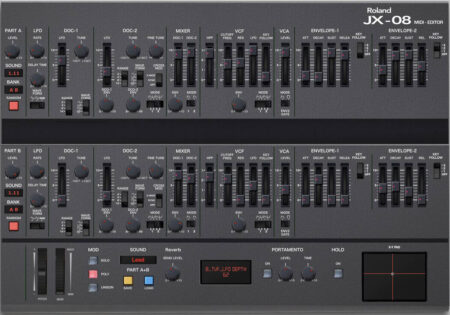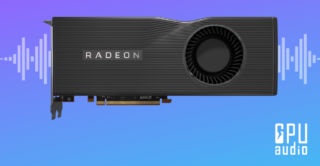HyperSynth releases Hcards REV.2, offering Massive Memory Expansion for Yamaha DX Synths, Roland D-50
HyperSynth has revealed the Hcards REV.2, a major update to their Hcard line that provide massive external storage for the Yamaha DX series and Roland D-50.
The updated REV2 line features four products:
- Hcard-701 REV.2 (Yamaha DX7 MKI).
- Hcard-702 REV.2 (Yamaha DX7II, DX7s, DX11, RX7, RX5).
- Hcard-705 REV.2 (Yamaha DX5 and DX1).
- Hcard-750 REV.2 (Roland D-50)
This upgrade offers a solid metal case with new colour, better touch-pad action and visibility, easy cartridge insertion, updated firmware, and improved build quality over their predecessors.
Additions and Fixes (REV.2):
- CNC metal case with scratch-free anodized finish.
- Chamfered edge bottom side that offers easy insertion (H701, H702, and H705).
- Colored touch buttons with enhanced action.
- CNC milled edge connector for robust connectivity with slot sockets (H701, H702, and H705).
- Upgraded from 2L to 4L PCB with new microprocessor and more stable firmware v2.1.
- Hcards now draw less power from the synthesizer power supply.
Hcards are available to purchase now from authorized dealers in the US, EU, and Hypersynth webshop, with the following pricing: Hcard-701: €249 / $199, Hcard-702: €249 / $199, Hcard-750: €249/ $199, Hcard-705: $429



